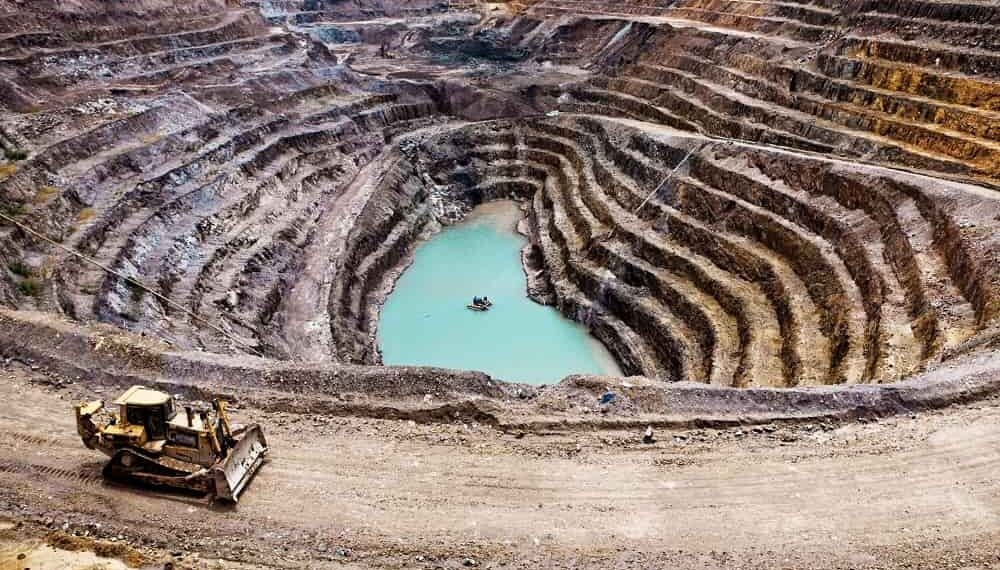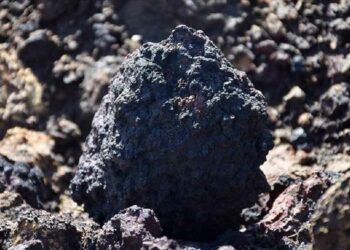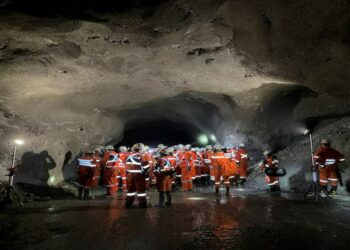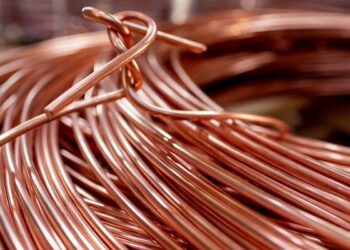Glencore, one of the world’s largest global diversified natural resource companies and one of the world’s largest producers of cobalt, and EVelution Energy, a US EV battery materials processing company, have signed a Letter of Intent (LOI) to support the development of EVelution’s cobalt processing facility in the US.
Cobalt sulfate is a critical material for EV batteries and is crucial to the US’ initiative to electrify the nation’s automotive fleet and transition to a net-zero economy.
Currently there are no commercial-scale cobalt processing facilities in the US, with more than 70% of the world’s cobalt sulfate being produced in China. EVelution Energy is building the first solar-powered cobalt processing facility in the US, in Yuma County, Arizona. When fully operational in 2027, EVelution Energy’s facility is expected to be able to supply 20% – 40% of estimated US cobalt sulfate demand.
Under the LOI, Glencore and EVelution are finalising the terms of a long-term supply agreement for EVelution’s remaining cobalt hydroxide feedstock requirements, up to 7000 t of contained cobalt per year, with the potential to further increase supply should EVelution’s cobalt production facility expand.
Under the LOI, Glencore and EVelution have also agreed to discuss the potential offtake of up to the full production of cobalt sulfate from this facility, as well as hedging and working capital solutions for the facility.
“We are very pleased that Glencore is interested in becoming one of our major feedstock suppliers,” said EVelution Energy President Navaid Alam. “This agreement represents a significant milestone for our company and is an important step in the creation of a domestic EV battery material supply chain.”
“We look forward to collaborating with EVelution, and providing the critical raw materials required from our leading cobalt hydroxide production facilities in the DRC,” added Ash Lazenby, US Cobalt Marketing at Glencore.
EVelution Energy’s solar-powered cobalt processing plant will create US manufacturing jobs, reduce the US’s reliance on other countries for EV battery materials, help combat climate change, and provide a domestic source for one of the critical metals needed by the US automotive, aerospace and defence industries.
Construction of the facility is intended to start in 2024 with commissioning expected by the end of 2026. The facility will not only generate its own power, but also deliver surplus clean electricity to nearby farmers while recycling approximately 70% of the water it uses, which will minimise its impact on the surrounding environment.










